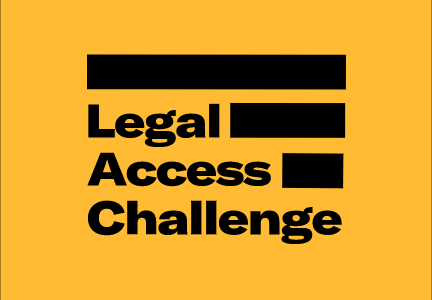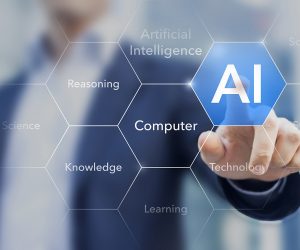16-17 September 2019, Luxembourg European Institute of Public Administration (EIPA) About this course Digitalisation is rapidly transforming our world and affects governance, businesses and justice. In light of this, there is an urgent need to adopt solutions to the global digital changes in automatisation, artificial intelligence, blockchain technology, digitalisation of legal practices and services, as…

SRA launches legal access challenge
Legal Access Challenge launched to encourage innovation Six in 10 don’t think the legal system in England and Wales is set up for ordinary people Many who experience a legal problem don’t take professional advice, citing cost and trust as key barriers Eight in 10 say it needs to be easier for people to access…

The implications of AI on legal regulators and how they can use it
At last year’s ICLR Annual Conference in The Hague, ICLR member came together to present on the implications of AI on legal regulators and how they might harness this technology to their advantage. Panelists drew from input from ICLR members and how their own institutions were engaging with Artificial Intelligence, as shown in the infographic…

California Bar exploring opportunities to deploy AI
The agency is examining how artificial intelligence could help it review misconduct complaints and administer the bar exam. The State Bar of California has started wading into the artificial intelligence waters. The agency is exploring ways AI could help bolster the efficiency of its attorney discipline system and assist with administering the bar exam. The…

Education and Training in Ireland
In response to the report on Education and Training in Ireland published on 19 November by the Legal Services Regulatory Authority (LSRA), the Law Society of Ireland has launched the Peart Commission Report, developed by an expert group chaired by Mr Justice Michael Peart of the Court of Appeal. The report contains 30 recommendations setting out…
3 female lawyers tackling jurisdiction to define the cryptocurrency ecosystem
Stable coins, the rise of custodial solutions and the recent announcement of Fidelity launching an institutional platform for Bitcoin and Ethereum are all designed to make it easier for institutional investors to partake in the cryptocurrency market. Yet a number of questions arise as the cryptocurrency ecosystem continues to expand its reach to traditional financial…
New skills for new lawyers: responding to technology and practice developments
The legal profession is facing a convergence of forces, most notably significant advances in the capabilities of technology, economic pressures challenging existing business models and globalisation, that herald momentous change to the practice of law. In Australia the lead in seeking to understand these developments and formulate responses has been taken by the Law Society of New South…
Regulating Artificial Intelligence: Proposal for a Global Solution
Given the ubiquity of artificial intelligence (AI) in modern societies, it is clear that individuals, corporations, and countries will be grappling with the legal and ethical issues of its use. As global problems require global solutions, we propose the establishment of an international AI regulatory agency that – drawing on interdisciplinary expertise – could create a unified…
Regulation tomorrow: what happens when technology is faster than the law?
In an age of constant, complex and disruptive technological innovation, knowing what, when, and how to structure regulatory interventions has become more difficult. Regulators find themselves in a situation where they believe they must opt for either reckless action (regulation without sufficient facts) or paralysis (doing nothing). Inevitably in such a case, caution tends to…
Netherlands Bar Association launches research into innovation and digitalization in the legal profession
More than 1,300 lawyers participated in the recent NOvA survey on strategy, innovation and digitization. The results will be published after the summer. The survey is part of a broader investigation into developments affecting the future of the legal profession in the Netherlands, which the NOvA is expected to complete by the end of this year. Changes…

